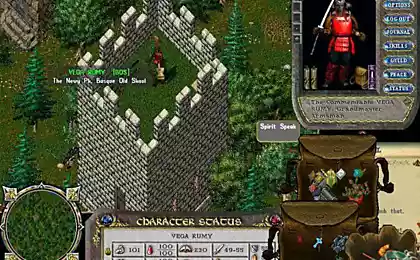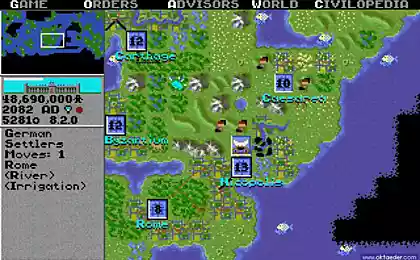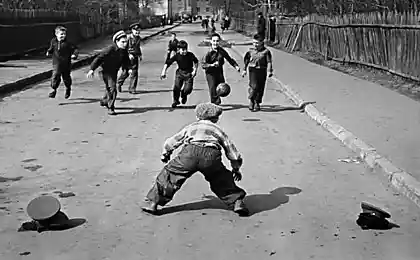168
Why Adults Are Important to Play: The Hidden Superpowers That Are Silent About

In a world where "adulthood" is synonymous with productivity and seriousness, play seems like a luxury. But what if it's an evolutionary tool that we undeservedly scrapped? From neuroscience labs to Fortune 500 corporations, the game is experiencing a renaissance as a twenty-first-century survival strategy.
The game is a gym for the brain
How chaos creates order in neural networks
Research at the University of California has shown that during improvised games, the prefrontal cortex activates a “divergent thinking mode” – the same one that is responsible for breakthrough ideas in Nobel laureates. Examples:
- LEGO Serious Play methodology, where top managers solve strategic problems through the assembly of the designer
- IDEO Experiment: Employees Playing 45 Minutes in Pictionary Generate 33% More Ideas on Brainstorms

Anti-stress mode: why laughter cures better than meditation
According to the American Anxiety Association, 15 minutes of play reduces cortisol levels by 27% – an effect comparable to a half-hour run. The mechanism is simple: when we simulate a “hunt” in a board game or an “escape” in a quest, the body receives a signal: the threat is not real. Examples from practice:
- Swedish IT companies introduce “game capsules” – soundproof rooms with darts and musical instruments
- Deep Therapeutic Game to Treat PTSD Through Controlled Virtual Reality
Oxytocin glue: how games build trust
A study by the University of Oxford in MMORPG-communities revealed that the joint passage of quests causes the release of oxytocin, comparable to the embrace of loved ones. Business case: Zappos hosts Anarchy Week, where roles are swapped through role-playing, reducing conflict by 41%.

Play patterns in the wild of adulthood
- Dates: Couple quest rooms increase relationship length by 17% (Tinder data)
- Education: Learning Spanish through VR travel simulator speeds up memorization by 200%
- Management: Goldman Sachs uses Tamagotchi-style stock market simulator to train traders
Recipe game menu from neuropsychologists
Dr. Stuart Brown, founder of the National Institute for Play, recommends:
- 20 minutes of daily spontaneous activity (dancing in the rain, drawing with your left hand)
- 1 social game per week (from mafia to costume football)
- 1 time per quarter - "escape from control" (improvisational theater, role-playing with strangers)
As Einstein said, “Play is the highest form of exploration.” Maybe it's time to stop pitting play against productivity. After all, evolution itself is a game that lasts billions of years. And we're still in it.
Surprising facts about the brain that you probably didn’t know
Life hacks from the past: how grandma methods overtook modern technology























